It's the era of the comeback. No Man's Sky, Cyberpunk 2077, Fallout 76, on and on the list goes: games that had god-awful launches but pulled it back from the brink over the course of patches and expansions. Games that started out as player-repelling PR disasters end up beloved golden boys. In some cases, the studios behind them end up with better reputations than they would have done if they'd just released a functional game at the beginning.
It's easier than ever to push a game out the door early in order to catch a particularly lucrative sales window, putting executive pay-packets and shareholder value ahead of devs and players, and only fixing the whole thing in post.
But I'm calling it. Enough. We're done. From now on, we're only releasing games that are actually complete. And by 'we,' I mean 'you,' the imaginary publisher reading this. The whole phenomenon has become alarmingly common, with games both big and small releasing preterm and having to be brought up to snuff long after we've already dropped $60 on them.
Metal Gear Solid Master Collection Vol 1 became what it always should have been last September, nearly a year after release; the GTA Trilogy Definitive Edition began looking like GTA approximately a month ago; will Star Wars: Battlefront Classic Collection ever recover from "probably one of the worst launches of all time"? Maybe with a few more patches, if it ever gets them.
Speaking of Star Wars, brace yourself for some kind of overhaul of Star Wars: Outlaws under its new director. On and on it goes, gradually becoming an unpalatable new normal.
Fixer upper
Admittedly, all of this is a little odd for me to say, given that Stalker 2 is one of my favourite games released this year and I gave it a pretty glowing review. Hell, I stand by it; Stalker 2 is great, and it was never as bad as some of the games I mentioned above even in its buggiest, pre-day-0 patch form. But the fact is, objectively, the game could've used more time to cook, and when GSC creative director Mariia Grygorovych said that "It's not perfect, we need to fix everything… But it's a game! It's a game with soul, with feelings there, with love there. Even the problems, you can't fix them if you don't have a game," it got my brain whirring.
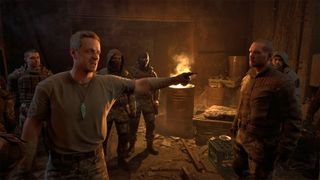
I don't mean to put Grygorovych in particular on blast; the studio has a better justification for an undercooked game than any other in history, but her statement inadvertently crystallised a sentiment that has become all-too-common among games execs. We live in an online age—on PC, pretty much every single thing you play comes from a digital storefront, and even consoles have reached a point where physical disc drives are sold as strange, vestigial add-ons rather than the centre-stage of the whole experience. It's easier than ever to push a game out the door early in order to catch a particularly lucrative sales window, putting executive pay-packets and shareholder value ahead of devs and players, and only fixing the whole thing in post.
It ain't the devs—no one wants their name on a busted game, and no one wants the endless social media harassment that comes with it—it's the head honchos.
Imagine how tempting that is to the bean-counters and bottom-line men of the world, in an area where games are more unsustainably expensive and sprawling than ever. Imagine how tempting it has already been. We're all familiar by now with Cyberpunk 2077's story, that it was pushed out against the protests of its developers by executives hoping to capitalise on players double-dipping across console generations. Similarly, the MGS Master Collection and GTA Definitive Editions both got pushed out to hit autumn releases that coincided with milestone anniversaries. Even GSC CEO Ievgen Grygorovych admitted that shipping the game in time for the Black Friday/Christmas sales window factored into the studio's calculations.
It ain't the devs—no one wants their name on a busted game, and no one wants the endless social media harassment that comes with it—it's the head honchos. They're confident that, hey, if we make the team take a wrench to the thing after it comes out we can have our cake and eat it too, releasing at the most lucrative possible moment while still getting a decent game at the end of the run. Call it the early accessification of everything.

It can only go on for so long, I think. No, I don't mean that in some starry-eyed 'surely the capitalists will see sense,' kind of way, I just mean that you can only keep putting out broken games for so long before whatever trust was left crumbles completely. At some point people are going to stop pre-ordering and buying on day one in enough numbers to make a dent. Or I hope so, anyway.
So I'm calling for a two-pronged approach. You and me? We're teaming up to keep our wallets in our pockets until games—and especially games from mega-huge publishers—prove that they've entered the world into a less-than-on-fire state. And devs? Devs have gotta unionise and support one another to give themselves the tools and power they need to push back on absurd demands from the suits.
And, well, to be fair, devs have way better reasons to be shoring up their own power right now than making sure I don't feel like I wasted $60.
But still, putting out busted games with a vague promise to fix 'em later isn't acceptable, and if putting an end to it means taking power out of the hands of people who pull the purse-strings and putting it in the hands of people doing the work, or maybe even scaling down how ludicrously ambitious and unsustainable modern games are? Well, two birds with one stone, as far as I'm concerned.

 1 week ago
4
1 week ago
4
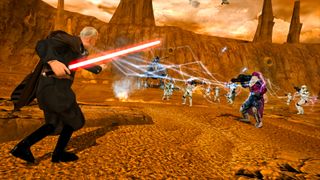

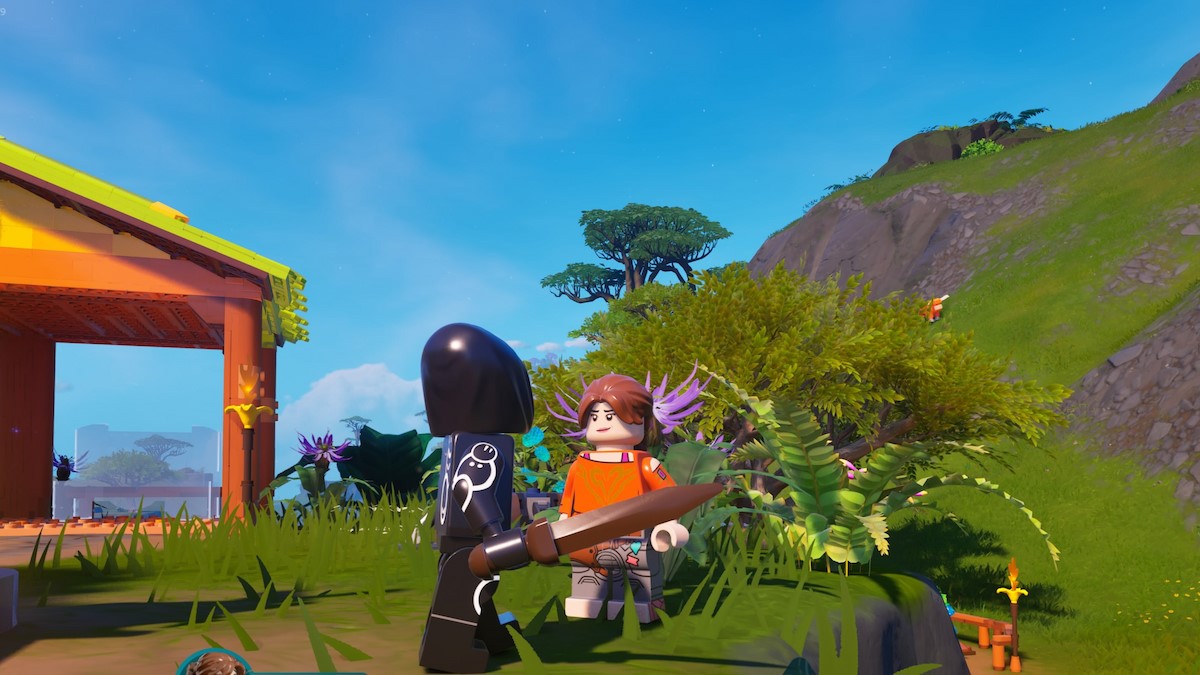
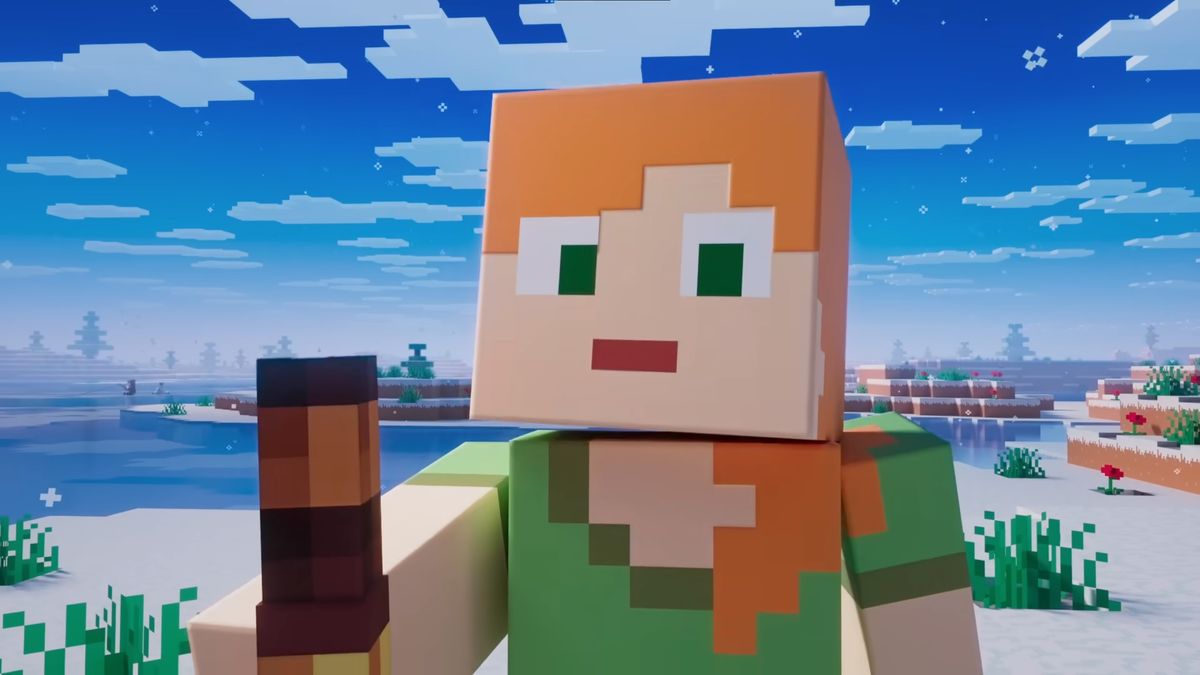
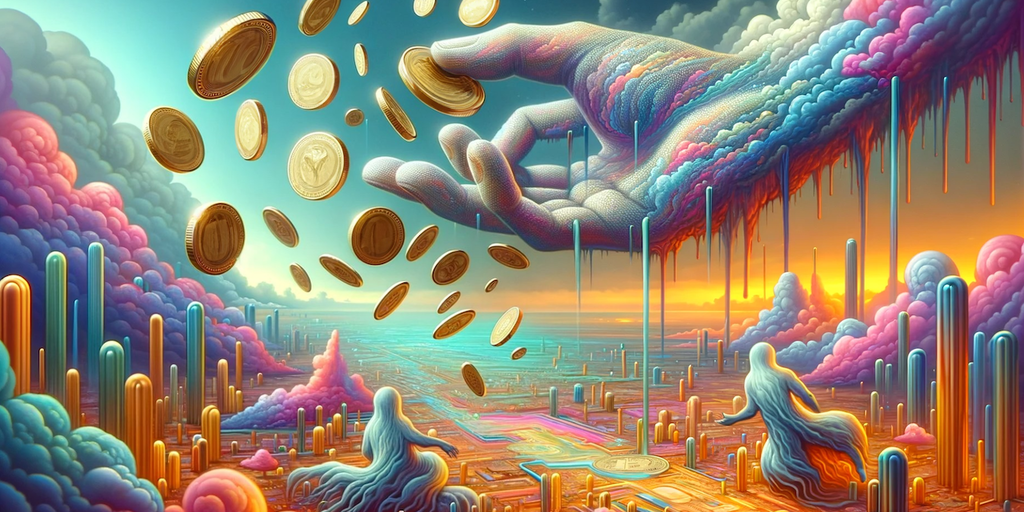



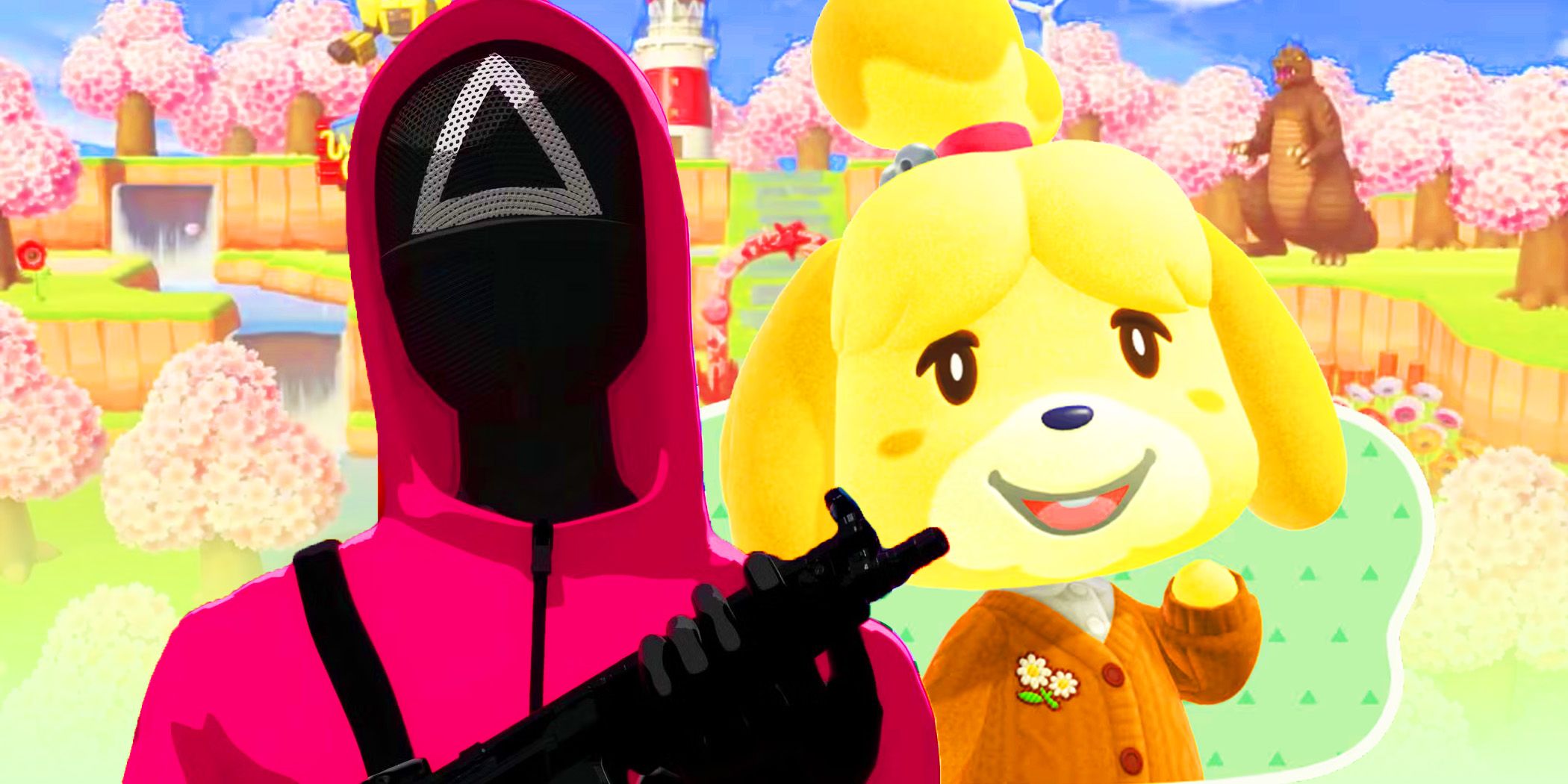
 English (US) ·
English (US) ·